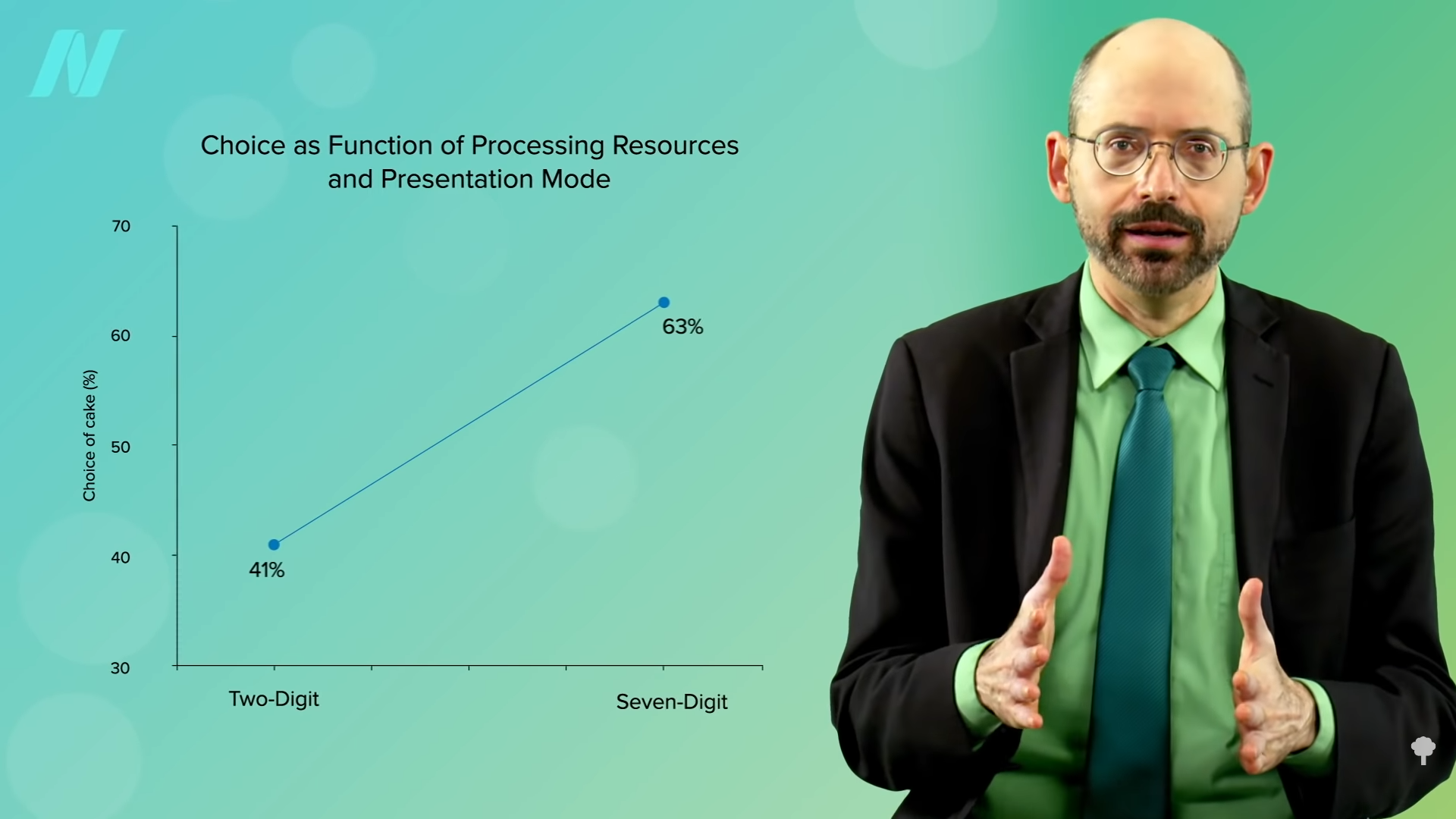All of us prefer to assume we make essential life choices, like what to eat, consciously and rationally, but when that have been the case, we wouldn’t be within the midst of an weight problems epidemic.
The opening phrases of the Institute of Medication’s report on the potential risk posed by meals adverts have been: “Advertising works.” Definitely, there is a “giant variety of well-conducted randomized experiments” I might undergo with you that “have proven that publicity to advertising and marketing—particularly, however not solely, promoting—adjustments individuals’s consuming habits. Advertising causes individuals to decide on to eat extra.” However, what do you could know past the truth that the business spends tens of billions of {dollars} a yr on it? To get individuals to drink its brown sugar water, do you assume Coca-Cola would spend a penny greater than it thought it needed to? It’s like when my medical colleagues settle for “drug lunches” from pharmaceutical representatives and take offense that I might counsel it’d have an effect on their prescribing practices. Do they actually assume drug corporations are within the enterprise of freely giving free cash for nothing? They wouldn’t do it if it didn’t work.
To present you a way of promoting’s insidious nature, let me share an fascinating piece of analysis printed on this planet’s main scientific journal: “In-Retailer Music Impacts Product Alternative” documented an experiment by which French accordion music or German Bierkeller music was performed on alternate days within the wine part of a grocery retailer. As you possibly can see under and at 1:27 in my video The Function of Meals Ads within the Weight problems Epidemic, on the times the French music performed within the background, individuals have been 3 times extra seemingly to purchase French wine, and on German music days, customers have been about 3 times extra seemingly to purchase German wine. And it wasn’t a distinction of only a few %; it was a whole three-fold reversal. Regardless of the dramatic impact, when customers have been approached afterward, the overwhelming majority of them denied the music had affect on their alternative.

Most of our day-to-day habits doesn’t look like dictated by cautious, thought-about deliberations, even when we’d prefer to assume that have been the case. Quite, we are inclined to make extra computerized, impulsive choices triggered by unconscious cues or routine patterns, particularly after we are “beneath stress, drained, or preoccupied. This unconscious a part of our mind is estimated to operate and information our behaviors no less than 95% of the time.” That is the world the place advertising and marketing manipulations do most of their soiled work.
The a part of our mind that governs acutely aware consciousness might solely be capable of course of about 50 bits of knowledge per second, which is roughly equal to a brief tweet. Our complete cognitive capability, alternatively, is estimated to course of greater than 10 million bits per second. As a result of we’re solely capable of purposefully course of a restricted quantity of knowledge at a time, if we’re distracted or in any other case unable to pay attention, our choices can turn into much more impulsive. A sublime illustration of this “cognitive overload” impact was supplied from an experiment involving fruit salad and chocolate cake.
Earlier than calls may very well be made on the contact of a button or the sound of our voice, the seven-digit span of telephone numbers in the USA was based mostly partly on the longest sequence most individuals can recall on the fly. We solely appear to have the ability to maintain about seven chunks of knowledge (plus or minus two) in our quick short-term reminiscence. The examine’s setup: Randomize individuals to memorize both a seven-digit quantity or a two-digit quantity to be recalled in one other room down the corridor. On the best way, provide them the selection of a fruit salad or a bit of chocolate cake. Memorizing a two-digit quantity is simple and presumably takes few cognitive assets. As you possibly can see within the graph under and at 3:52 in my video, beneath the two-digit situation, most examine individuals selected fruit salad. Confronted with the identical choice, most of these attempting to maintain seven digits of their heads simply went for the cake.

This may play out in the actual world by potentiating the impact of promoting. Have individuals watch a TV present with commercials for unhealthy snacks, and, no shock, they eat extra unhealthy snacks in comparison with these uncovered to non-food adverts. Or perhaps that may be a shock. All of us prefer to assume we’re in management and never so simply manipulated. The kicker, although, is that we could also be much more vulnerable the much less we concentrate. Randomize individuals to the identical two-digit or seven-digit memorization activity in the course of the TV present, and the snack-attack impact was magnified amongst those that have been extra preoccupied. How many people have the TV on within the background or multi-task throughout industrial breaks? Analysis suggests that will make us much more impressionable to the subversion of our higher judgment.
There’s an irony in all of this. Requires restrictions on advertising and marketing are sometimes resisted by invoking the banner of freedom. What does that even imply on this context, when analysis reveals how simply our free decisions might be influenced with out our acutely aware management? A senior coverage researcher on the RAND Company even went so far as to counsel that, given the dire well being penalties of our unhealthy consuming habits, “the advertising and marketing methods of which we’re unaware ought to be thought-about in the identical gentle because the invisible carcinogens and toxins within the air and water that may poison us with out our consciousness.”
Given the function advertising and marketing can play even after we least suspect it, what’s the function of private accountability within the weight problems epidemic? That’s the topic of my subsequent video.
We’re winding down this sequence on weight problems, with three movies remaining:
In the event you missed any of the earlier movies, see the associated posts under.










Discussion about this post